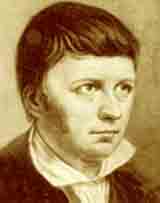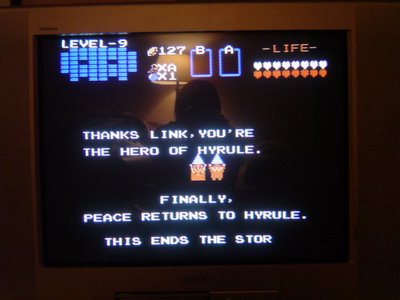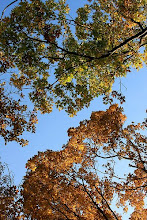
Fred Schlegel, 1772-1829
Excerpts from the literary aphorisms of Friederich von Schlegel
• One must drill the board where it is the thickest
• In poetry, too, all that is whole might be only half-done, and yet all that is half-done might actually be a whole
• A classical work doesn’t ever have to be understood entirely. But those who are educated and who are still educating themselves must desire to learn more and more from it
• Just as a child is really a thing that wants to become a man; so is the poem an object of nature that wants to become an object of art
• In every good poem everything must be both deliberate and instinctive. That is how the poem becomes ideal.
• A critic is a reader who ruminates. Thus, he should have more than one stomach.
• …the most necessary: for whenever we do not restrain ourselves, the world will restrain us; and thus we will become its slave. The highest: for we can restrain ourselves only in those points when we have infinite power, in self-creation and self-destruction.
• Not art and works of art make an artist, but sense and enthusiasm and instinct.
• Good drama must be drastic
• The historian is a prophet looking backwards
• Every concept of God is idle talk. But the idea of the Godhead is the idea of ideas.





